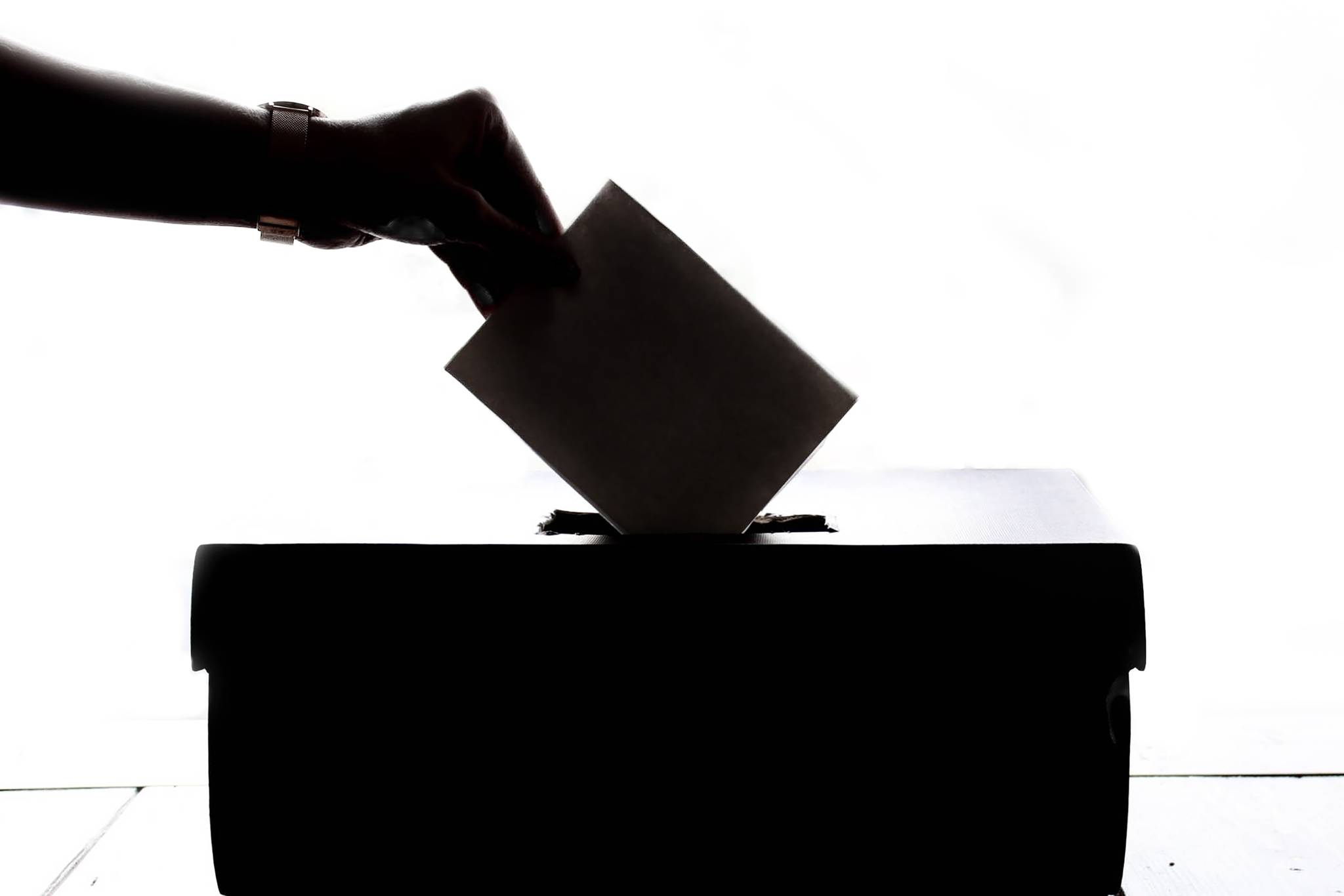The League of Women Voters is in the process of celebrating the 100th anniversary of the passage of the 19th Amendment, a Constitutional Amendment that gave the right to vote to all citizens of the United States regardless of sex. The Amendment passed Congress in 1919 and was ratified on Aug. 18, 1920. The LWV was organized at the same time to foster informed voting. The simple act of voting is the bedrock of democracy. It is a citizen’s duty in a democracy to be informed with fact-based information and vote for candidates and issues on the ballot in the most intelligent manner possible.
Prior to that ratification, those against suffrage for women argued in part that women were not able to make the decisions required of the voting public because they were too emotional and weak to do the heavy thinking and decision-making required. In contrast, the women of Alaska had already proven themselves quite capable and had received the right to vote via the first bill passed by the Alaska Territorial Legislature in 1913. Unfortunately at this time, Alaska Native people were not considered citizens, so this first Territorial bill did not apply to Native women. However, the recently formed Alaska Native Brotherhood went to work and in 1915 managed to get voting rights for Alaska Natives but only for those who renounced their tribal connections and traditional cultures, a heavy price to pay for the right to vote.
After the U.S. Congress passed the Indian Naturalization Act in 1924 giving Native Americans citizenship, the Territorial Legislature passed a bill requiring the ability to read and write English in order to vote. The Territorial Legislature was following the practices of other Western and Southern states in their efforts to control which citizens could and could not vote.
In 1965 Congress passed the bipartisan Voting Rights Act (VRA), which eliminated state election practices such as literacy tests and poll taxes that attempted to control who could vote. Those states with a history of voter suppression had to follow a pre-clearance process before the state could put into action any changes to their voter regulations. It didn’t stop the long lines in certain precincts or the misallocation of voting materials, but it did remove many of the barriers to voting.
Unfortunately in 2013 SCOTUS, in Shelby County vs. Holder, revoked many of the protections of the VRA based on the notion that the times were now different and the protections were no longer needed. Since that time, nearly half the states have added new techniques to the art of voter suppression: costly voter ID’s; variations on the poll tax; voter purges with faulty information; poll closures; last-minute poll location changes; voter intimidation. Fortunately in their 2013 ruling, the Supreme Court left the door open for Congress to re-evaluate. Recently the U. S. House passed the Voting Rights Advancement Act of 2019 (VRAA) which would restore the earlier protections of the VRA and modernize voting regulations. The VRAA has not yet been brought to the Senate floor for debate. If you agree that every eligible citizen has the right to vote without intimidation, fear, or undue difficulty, then call or email Alaska’s Senators Sullivan and Murkowski and ask them to advocate for the Voting Rights Advancement Act of 2019.
Alaska learned from its earlier Territorial mistakes, and now has one of the strongest election systems in the country. Its goal is to make sure that every eligible citizen can vote, that the paper trails are there, and that materials and precincts are secure and counting is accurate. As Alaskans, we should want that for all U. S. citizens. If you agree, make that known to Alaska’s Senators.
• Judy Andree is president of the League of Women Voters of Alaska. She resides in Juneau.

